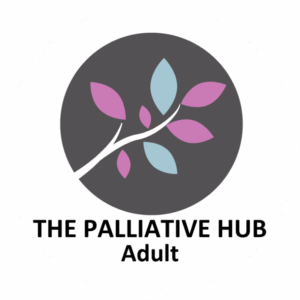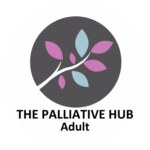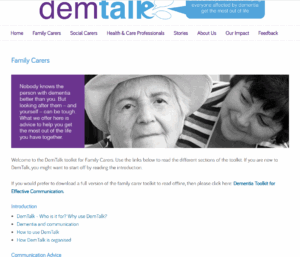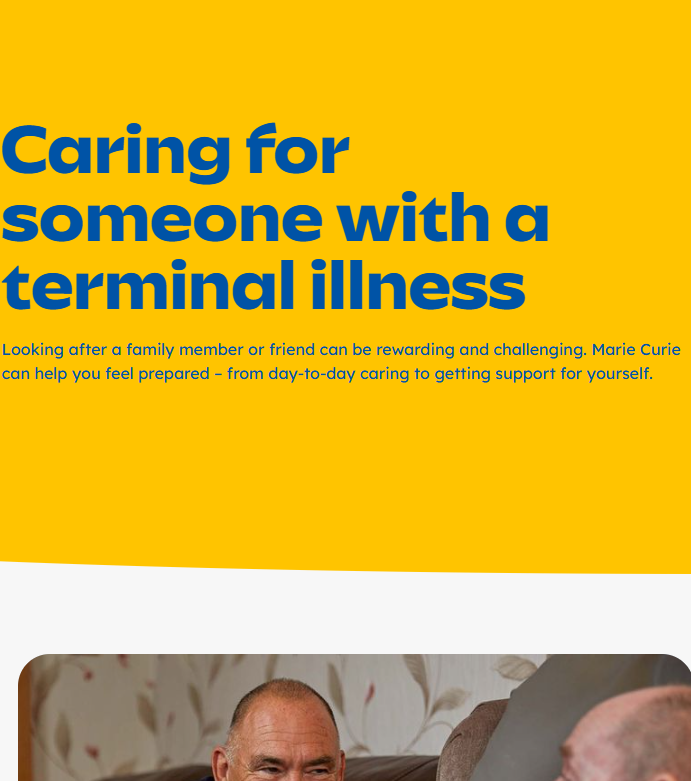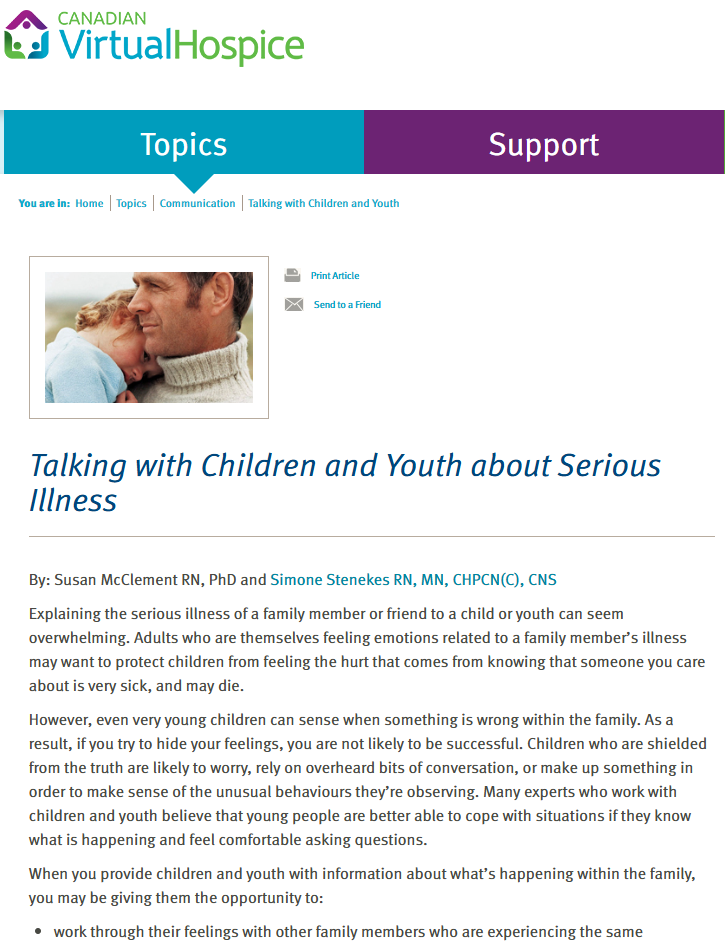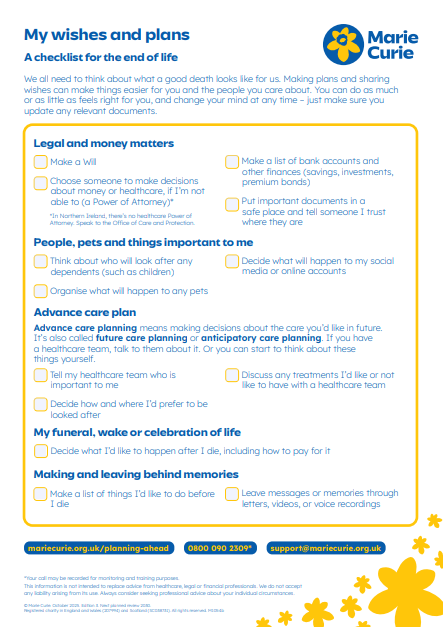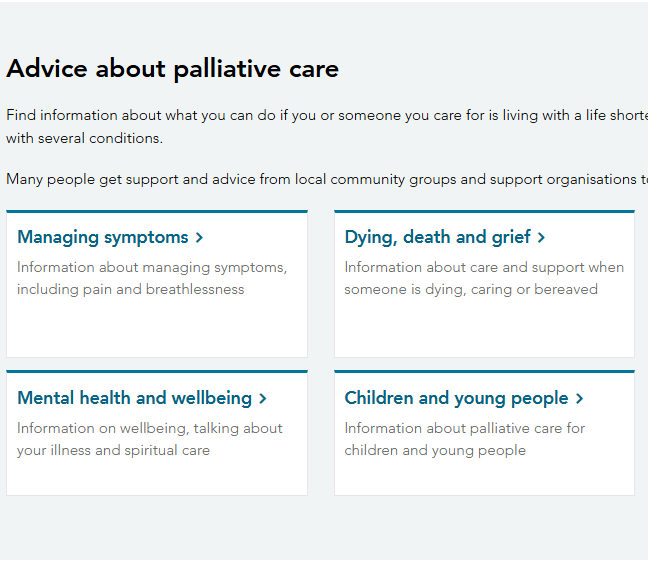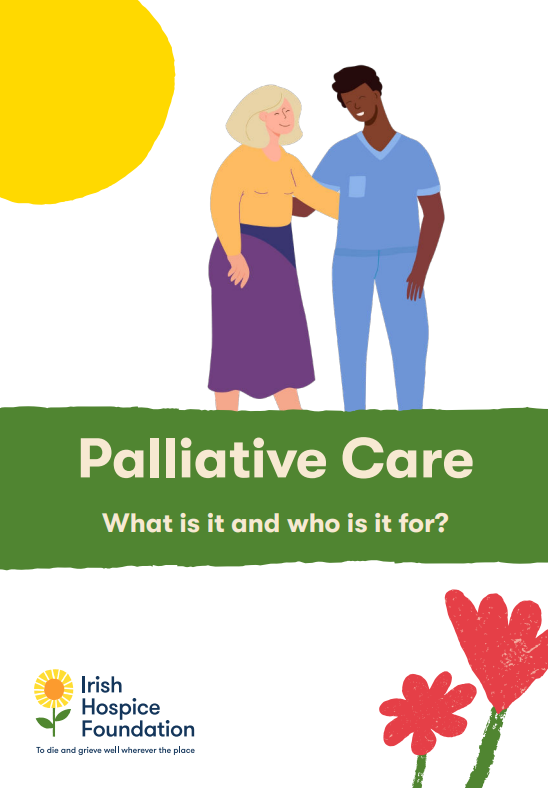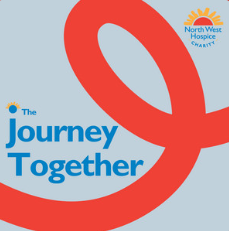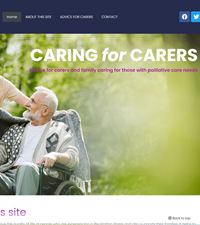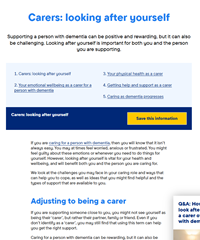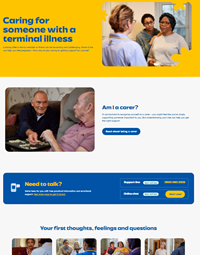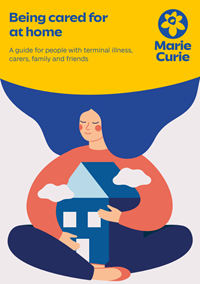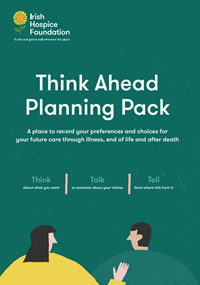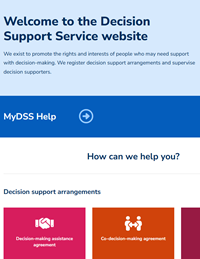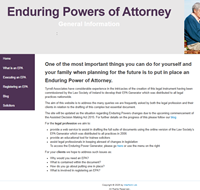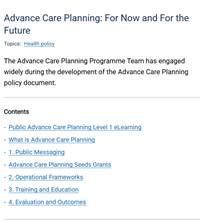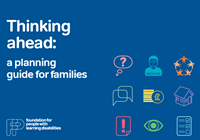Home » Palliative Care Journey » Care » Care – Helpful Documents
Care - Helpful Documents
This series of easy-to-follow film guides should help when you’re looking after a friend or relative at home. The written transcripts have also been included for reference.
You can access the document here: Caring for someone with a terminal illness
Children who are shielded from the truth are likely to worry, rely on overheard bits of conversation, or make up something in order to make sense of the unusual behaviours they’re observing. Many experts who work with children and youth believe that young people are better able to cope with situations if they know what is happening and feel comfortable asking questions.
You can access the resource here: Talking With Children and Youth About Serious Illness
We all need to think about what a good death looks like for us. Making plans and sharing wishes can make things easier for you and the people you care about. You can do as much or as little as feels right for you, and change your mind at any time – just make sure you update any relevant documents.
You can access the resource here: Marie Curie Planning Ahead Checklist
NHS Inform: Palliative Care resource provides Information about palliative care and how it helps people, their families and carers. You can find information on symptom management, death and dying, mental health and more.
You can access the resource here: NHS Inform
This information in this booklet is written for people who have been diagnosed with a life-limiting condition and it is intended to provide information about palliative care as a holistic approach that aims to make people feel comfortable and supported throughout their illness.
You can access the resource here: Palliative Care – What is it and who is it for?
This podcast, titled “The Journey Together: Navigating Palliative Care” is a 13-episode series that was created with voices from within our own community — including many North West Hospice staff. It explores the realities of serious illness, grief, care, and connection through honest, supportive conversations with staff, families, and guest experts.
You can access the resource here: The Journey Together
Self Care
This website provides core information that is targeted at family members or friends who are providing support to a person who needs palliative care. These people are often referred to as ‘carers’. Throughout this website we will refer to you as a ‘carer’ and the person requiring palliative care as your ‘relative’ (even though they may in fact be a friend). The aim of this website is to help you to understand how palliative care may assist your relative and also provides advice on how you can best support him/her whilst also looking after yourself.
You can access the resource here: The Palliative Hub – Carers
Guide from Alzheimer’s Society UK. The demands of caregiving can be overwhelming, especially if you feel you have little control over the situation or you’re in over your head. If the stress of caregiving is left unchecked, it can take a toll on your health, relationships, and state of mind—eventually leading to burnout. The following website offers tips, guidance and downloads on how to avoid and recognise carer burnout.
You can access the resource here: Carers: Look After Yourself
HelpGuide.org is an independent nonprofit that runs one of the world’s leading mental health websites. The demands of caregiving can be exhausting and overwhelming. But there are steps you can take to rein in stress and regain a sense of balance, joy, and hope in your life.
You can access the resource here: Caregiver Stress and Burnout
Marie Curie booklet which includes information about what support is available to you and ways to look after your own wellbeing. It’s split into sections so you can easily find the information that you need at a time that’s right for you. You may find it helpful to read it alongside Being cared for at home, which includes more information about practical caring tasks and planning ahead if you’re caring for someone at home.
You can access the resource here: Being there for someone with a terminal illness
The Marie Curie booklet is for people living with a terminal illness, and their family and friends. Inside you’ll find information about the care and support that’s available for you.
You can access the resource here: Being cared for at home
Planning Ahead
Republic of Ireland
The Irish Hospice Foundation’s Think Ahead is a practical tool and customisable guide for advance care planning and end of life. It helps you document your healthcare choices and personal wishes. On this page, you will find resources to help you start to think and talk about your preferences for end of life, click on link.
You can access the resource here: Think Ahead Planning Pack
The Decision Support Service exists to promote the rights and interests of people who may need support with decision-making. They register decision support arrangements and supervise decision supporters.
You can access the resource here: Decision Support Service
This website explains Enduring Power of Attorney. An Enduring Power of Attorney (EPA) enables you (the “donor”) to choose a person you trust (called an “attorney”) to manage your property and affairs and/or personal care in the event of you becoming mentally incapable of doing so.
You can access the resource here: Enduring Power of Attorney
Northern Ireland
The Policy was launched in October 2022, providing a framework for Advance Care Planning for all adults in Northern Ireland. The Policy offers an overview of Advance Care Planning, and the values and principles that underpin it. It explains why Advance Care Planning is important and how it can help people make timely, realistic and practical plans for their future. It will enable a person to think about what matters to them now and for the future, and to make choices that reflect this. For further information and related resources see the Department of Health website (Link)
You can access the resource here: Advance Care Planning: For Now and For the Future
This booklet is about some of the ways you can plan ahead and make choices about your future care.
You can access the resource here: Your Life and Your Choices: Plan Ahead Northern Ireland
UK
This guide has been produced in response to what people with learning disabilities, their parents and siblings have been asking for years: what is going to happen in the future, and how can we shape it?
You can access the resource here: Thinking Ahead
Caring for someone with a terminal illness – This series of easy-to-follow film guides should help when you’re looking after a friend or relative at home. The written transcripts have also been included for reference.
Talking With Children and Youth About Serious Illness – Children who are shielded from the truth are likely to worry, rely on overheard bits of conversation, or make up something in order to make sense of the unusual behaviours they’re observing. Many experts who work with children and youth believe that young people are better able to cope with situations if they know what is happening and feel comfortable asking questions.
Palliative Care – What is it and who is it for? – This information in this booklet is written for people who have been diagnosed with a life-limiting condition and it is intended to provide information about palliative care as a holistic approach that aims to make people feel comfortable and supported throughout their illness.
The Palliative Hub – Carers – This website provides core information that is targeted at family members or friends who are providing support to a person who needs palliative care. These people are often referred to as ‘carers’. Throughout this website we will refer to you as a ‘carer’ and the person requiring palliative care as your ‘relative’ (even though they may in fact be a friend). The aim of this website is to help you to understand how palliative care may assist your relative and also provides advice on how you can best support him/her whilst also looking after yourself.
Carers: Look After Yourself (UK) Guide from Alzheimer’s Society UK. The demands of caregiving can be overwhelming, especially if you feel you have little control over the situation or you’re in over your head. If the stress of caregiving is left unchecked, it can take a toll on your health, relationships, and state of mind—eventually leading to burnout. The following website offers tips, guidance and downloads on how to avoid and recognise carer burnout.
Caregiver Stress and Burnout HelpGuide.org is an independent nonprofit that runs one of the world’s leading mental health websites. The demands of caregiving can be exhausting and overwhelming. But there are steps you can take to rein in stress and regain a sense of balance, joy, and hope in your life.
Being there for someone with a terminal illness – Marie Curie booklet which includes information about what support is available to you and ways to look after your own wellbeing. It’s split into sections so you can easily find the information that you need at a time that’s right for you. You may find it helpful to read it alongside Being cared for at home, which includes more information about practical caring tasks and planning ahead if you’re caring for someone at home.
Being cared for at home – The Marie Curie booklet is for people living with a terminal illness, and their family and friends. Inside you’ll find information about the care and support that’s available for you.
Republic of Ireland
The Irish Hospice Foundation’s Think Ahead is a practical tool and customisable guide for advance care planning and end of life. It helps you document your healthcare choices and personal wishes. On this page, you will find resources to help you start to think and talk about your preferences for end of life, click on link. You can also get your Think Ahead Planning Pack right here.
Decision Support Service – The Decision Support Service exists to promote the rights and interests of people who may need support with decision-making. They register decision support arrangements and supervise decision supporters.
Enduring Power of Attorney – This website explains Enduring Power of Attorney. An Enduring Power of Attorney (EPA) enables you (the “donor”) to choose a person you trust (called an “attorney”) to manage your property and affairs and/or personal care in the event of you becoming mentally incapable of doing so.
Northern Ireland
The Advance Care Planning: For Now and For the Future Policy was launched in October 2022, providing a framework for Advance Care Planning for all adults in Northern Ireland. The Policy offers an overview of Advance Care Planning, and the values and principles that underpin it. It explains why Advance Care Planning is important and how it can help people make timely, realistic and practical plans for their future. It will enable a person to think about what matters to them now and for the future, and to make choices that reflect this. For further information and related resources see the Department of Health website (Link)
Your Life and Your Choices: Plan Ahead Northern Ireland – This booklet is about some of the ways you can plan ahead and make choices about your future care.
UK
Thinking Ahead, Foundation for People with Learning Disabilities – This guide has been produced in response to what people with learning disabilities, their parents and siblings have been asking for years: what is going to happen in the future, and how can we shape it?
